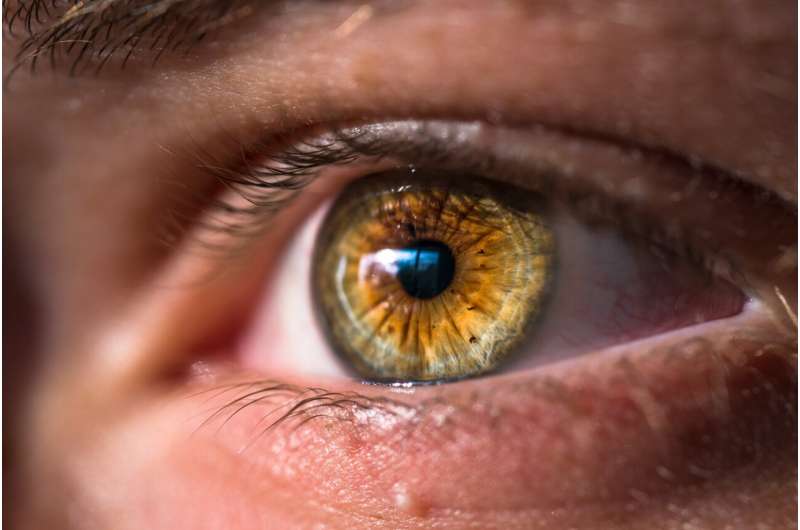Understanding the Challenges of Mental Health Support for Autistic Individuals

Autistic individuals face higher risks of mental health conditions like anxiety and depression but struggle to access appropriate support due to environmental and systemic barriers. Improvements in training and tailored interventions are essential for better mental health outcomes.
Autistic individuals are at a heightened risk of experiencing mental health issues such as anxiety, depression, and suicidal thoughts. Despite this increased vulnerability, they often face significant barriers in accessing the support and treatment they need. According to Professor Matthew Goodwin of Northeastern University, many autistic people do not receive adequate mental health care due to a lack of specialized training among healthcare providers and the sensory sensitivities common in autism. These sensory sensitivities can cause stressful overstimulation in typical medical environments, making visits overwhelming and discouraging.
Autism, first described by Dr. Leo Kanner in 1943, affects how individuals communicate, interact socially, and process sensory information. Symptoms often appear in early childhood and include delayed speech, avoidance of eye contact, and repetitive behaviors. The condition’s complexity, including social and communication challenges, sensory sensitivities, and executive functioning issues, can contribute to increased levels of stress and mental health disorders. Research indicates that nearly 80 million people worldwide have autism, and approximately 40% of them may experience anxiety or depression during their lifetime. Alarmingly, autistic individuals are three times more likely to die by suicide compared to those without autism.
Goodwin emphasizes that a lack of autism-specific training among mental health professionals leads to misdiagnoses and inappropriate care, which can foster feelings of hopelessness and social isolation. For example, autistic women with eating issues may be misinterpreted as having body image concerns, while in reality, they could be struggling with sensory sensitivities related to food shopping or cooking.
Furthermore, the typical clinical environment often exacerbates sensory overload—crowded waiting rooms, overstimulating office settings, and reliance on verbal communication can be particularly troublesome for autistic individuals. Many find the complex instructions and multiple steps involved in treatment plans confusing and hard to remember.
Raising awareness and improving healthcare responses are crucial. This includes enhanced training for healthcare providers, adoption of evidence-based practices tailored to sensory needs, and involving autistic individuals in designing interventions. Supporting caregivers and fostering community-based, culturally sensitive approaches can also significantly improve mental health outcomes.
By acknowledging these challenges and implementing targeted strategies, the medical community can make meaningful progress toward equitable mental health care for autistic populations.
Source: https://medicalxpress.com/news/2025-05-autistic-people-anxiety-depression-suicidal.html
Stay Updated with Mia's Feed
Get the latest health & wellness insights delivered straight to your inbox.
Related Articles
Innovative Eye Surgery Enhances Survival Rates in Patients with Rare Uveal Melanoma
A novel surgical technique combining vision preservation with targeted radiation therapy may significantly reduce metastasis and improve survival in patients with uveal melanoma, offering new hope for this rare eye cancer.
Dietary Supplement Nicotinamide Shows Promise in Skin Cancer Prevention
Recent research suggests that nicotinamide, a form of vitamin B3, can significantly reduce the risk of skin cancer, especially in high-risk individuals, offering a promising preventive strategy.
Research Highlights Significant Health Insurance Gaps Among Adopted Children in the U.S.
A recent study reveals significant disparities in health insurance coverage among adopted children in the U.S., particularly affecting international adoptees and children of non-citizen adoptive parents. Understanding these gaps is crucial for targeted policy reforms to ensure equitable healthcare access.



